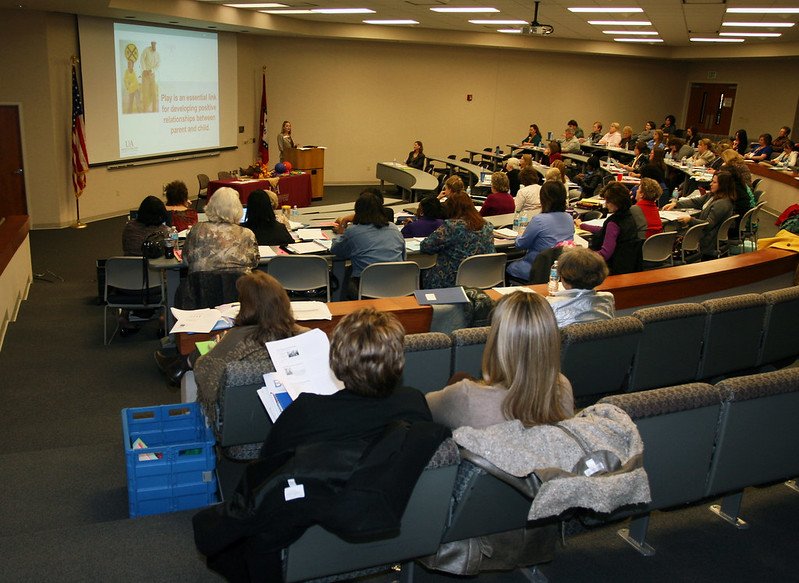By Rebekah Hall
U of A System Division of Agriculture
SPRINGDALE, Ark. — To help the state’s fruit and vegetable growers, the University of Arkansas System Division of Agriculture will host the first produce safety grower training of 2025 on Feb. 25 at the Jones Center in Springdale.
FOOD SAFETY — Arkansas fruit and vegetable producers will have their first opportunity in 2025 to attend a produce safety grower training on Feb. 25. The training will be hosted by the University of Arkansas System Division of Agriculture at the Jones Center in Springdale. (Division of Agriculture graphic.)
The one-day training will take place from 8 a.m.-5 p.m. at 922 E. Emma Avenue. The cost is $25 to attend, which includes lunch, snacks and training materials. Participants must register by Feb. 18 at uada.formstack.com/forms/sd_psagrower. Attendance is limited to 20 spots, and no walk-ins will be accepted.
Sarah Bakker, extension food systems and food safety program associate for the Division of Agriculture, said participants will learn about new regulations for fruit and vegetable producers.
“Topics covered will include agricultural water, soil amendments, worker health and hygiene, wildlife management, postharvest handling and food safety plans,” Bakker said.
Bakker said that for fresh produce farms, the U.S. Food and Drug Administration’s Food Safety Modernization Act Produce Safety Rule sets mandatory federal standards for growing, harvesting, packing and holding produce. Most produce farms are affected by this rule, and this training satisfies the rule’s training requirement.
Amanda Philyaw Perez, extension associate professor of food systems and food safety specialist for the Division of Agriculture, said the training will be key to the success of Northwest Arkansas producers.
"Northwest Arkansas is fostering local food systems and supporting beginning farmers, helping them tap into new markets such as retail, the Market Center of the Ozarks and schools,” Perez said. “To succeed in these markets, farmers must understand Good Agricultural Practices for food safety, which include safe handling, water use and pest management.
“Participating in a one-day GAP training helps farmers learn the basics and prepare for necessary audits or inspections required by buyers,” Perez said. “Complying with food safety standards opens up more market opportunities and ensures the safety and quality of their products."
For more information, contact Sarah Bakker at sbakker@uada.edu, Amanda Philyaw Perez at aperez@uada.edu, or visit the Produce Safety Grower Training page on the Cooperative Extension Service’s website.
To learn about extension programs in Arkansas, contact your local Cooperative Extension Service agent or visit www.uaex.uada.edu. Follow us on X and Instagram at @AR_Extension. To learn more about Division of Agriculture research, visit the Arkansas Agricultural Experiment Station website: https://aaes.uada.edu. Follow on X at @ArkAgResearch. To learn more about the Division of Agriculture, visit https://uada.edu/. Follow us on X at @AgInArk.





















